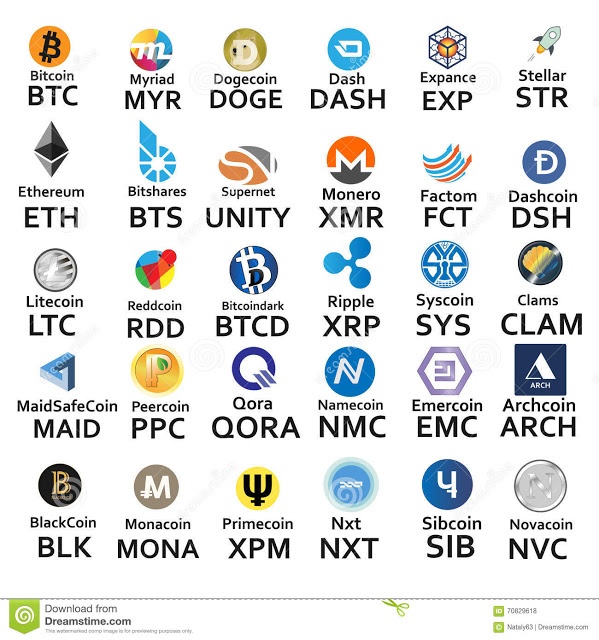The world is slowly realizing that it needs to rely less on old systems in order to manage its way out of financial crises. One of the oldest systems which saw the US dollar as the vehicular currency of the world may be slowly coming to an end.
Enter the Bitcoin: the brainchild of cryptocurrency, a means of exchange that is less regulated and which is built on the Blockchain, a technology that is supposedly difficult to hack into.
A quick recap for those of you not familiar with the tech: A Bitcoin is a computer file that can be stored in a ‘digital wallet’ app on your smartphone or computer. With this technology, every single transaction you make is recorded in a public list or publicly distributed ledger.
This makes it easier for authorities to track and record your transactions but not you personally. We will not, however, get into the potential abuse of such anonymity in this article.
Adoption
We have been very slow to adopt new financial technologies for two reasons. First, there are many regulations that help maintain the US dollar as the vehicular currency, used by central banks and other financial institutions to secure assets. Second, many developers of the technology are hesitant to throw it upon us – yet.
But this will change as the robustness and reliability of cryptocurrencies is proved study by study and case by case. One method is by using cryptology.
Cryptology is used to protect your information from hackers. In fact, the protection of your data is more important than ever before. We have made our lives more public thanks to social media.
While you may not mind so much if hackers get unauthorized access to your pictures and social media profiles, some information is actually valuable. This includes your banking details, birth certificate, licenses, and intellectual property.
The Covid-19 pandemic has forced us all to work from home. Those employees of numerous companies are accessing commercial information using personal computers instead of office computers. But personal computers might lack anti-virus software, firewalls, and other security measures.
Right now, cybercrime is costing companies at least $45bn a year worldwide.
This is why now is cryptology’s time to shine. It will also be used to protect your online purchases made using cryptocurrencies instead of traditional money. It will help ensure that funds go from your bank account to a retailer’s quickly but securely.
Using Crypto for daily activities

Let’s face it, we are going to use Blockchain for shopping: Lamborghini already accepts purchases in Bitcoin. The concept might still be difficult for you to grasp, but they are still being developed and soon it will be near impossible to live without them.
Read more about Distributed Applications ‘DApps’ here
Gaming companies are already embracing cryptocurrencies. Fortnite, a popular online game, with more than 250-million players, allows you to buy in-game products using cryptocurrencies.
Beyond regular shopping, you could soon buy a house using a cryptocurrency. Blockchain technology and the underlying distributed ledger technology is being used to increase transparency in real estate transactions using smart contracts.
To reiterate the use case for Crypto, many countries like Germany are relaxing laws and giving licenses to allow ‘Crypto Banks’ to operate. This is one effort to ensure that your Cryptos are properly taxed when used for investment purposes.
One such bank, Bitwala, allows you to purchase Bitcoins or Etheruem securely and quickly from a charges-free bank account which they provide.
Your transactions are then documented so that you can seamlessly submit reports of the purchases to the local tax authorities (Finazamt) to avoid penalties. You can do this all directly from the Bitwala App.
The blockchain and cryptocurrency are even being explored on national levels: China is allegedly creating its own national digital currency.
The way forward
Monetary systems will continue to be tested every day. Banks the world over are spending big bucks to protect themselves from hacks. But one day, a hacker could throw them into turmoil.
When that happens, you might be unable to withdraw your money. A central bank’s database could be hacked making it difficult for it to work with other banks. In the meantime, alternatives to classic monetary systems need to be developed.
Cryptocurrencies backed by cryptology could be a very strong alternative. There are also some valid cases for using Bitcoin as a global currency. This, however, will only become a reality if it shakes off its high trading volatility to become more stable.
We live in a world where we need to be cognisant of our health and how viruses can spread easily and quickly like wildfire. It equally is imperative to realize that cyber attackers could get and infect our data just as swiftly. Using modern technologies can help prevent these intruders from creating a ‘digital security collapse’ pandemic.



